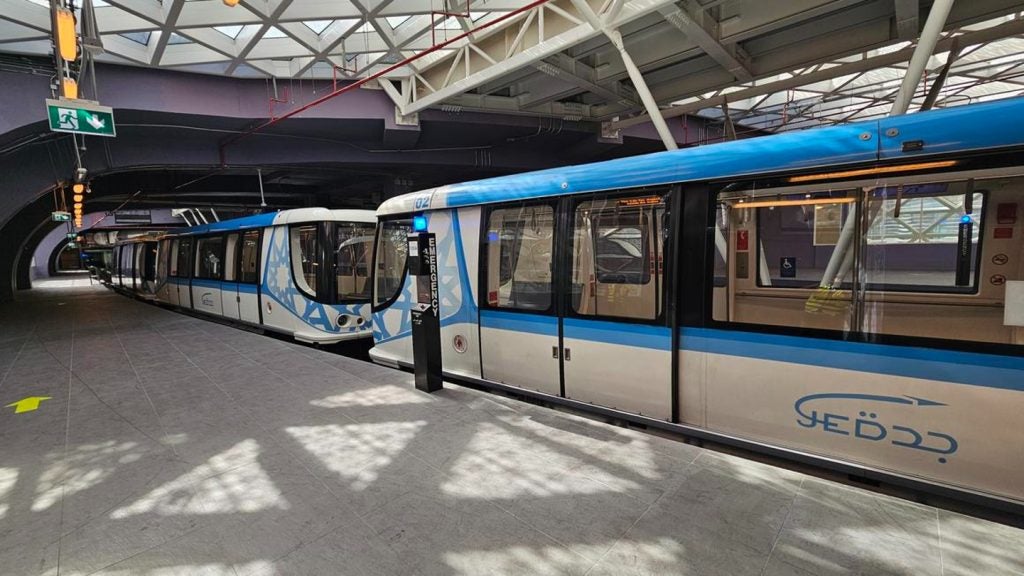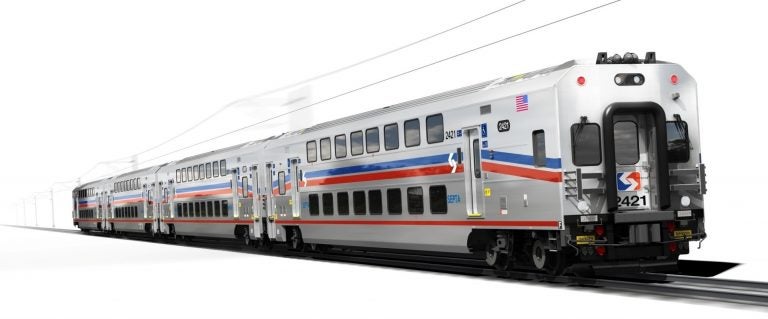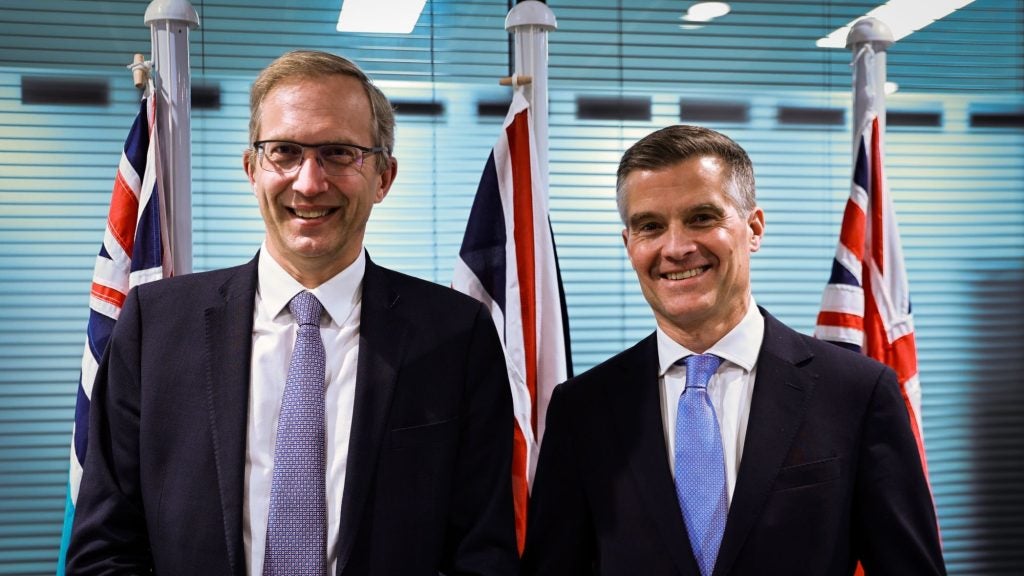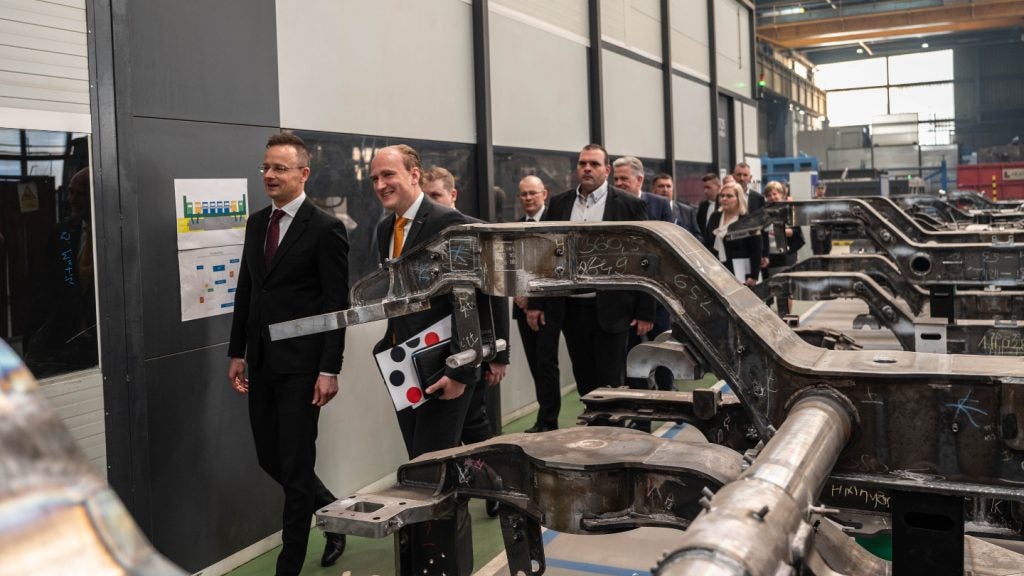Alstom has secured a €71m contract to deliver power supply and traction electrification works for the 33km extension of Bangalore Metro in the Indian state of Karnataka.
The city’s existing North-South and East-West metro corridors are currently being extended under Phase II. The expansion will help to further reduce traffic congestion and bolster the metro’s reach in the city.
Awarded by Bangalore Metro Rail (BMRCL), the contract requires Alstom to carry out the engineering, installation, testing and commissioning of 750V DC third-rail traction electrification for the metro extension.
The contract also includes the delivery of 30 33kV/415V auxiliary substations, 26 33kV/750V DC traction substations and a 33kV cable distribution network along the viaduct.
Additionally, Alstom will be responsible for integrating the system with the existing infrastructure.
Alstom India and South Asia managing director Alain Spohr said: “Alstom’s footprint in systems and infrastructure is growing rapidly, and this project will give us an opportunity to extend our cutting-edge capabilities and solutions to our customer.”
How well do you really know your competitors?
Access the most comprehensive Company Profiles on the market, powered by GlobalData. Save hours of research. Gain competitive edge.

Thank you!
Your download email will arrive shortly
Not ready to buy yet? Download a free sample
We are confident about the unique quality of our Company Profiles. However, we want you to make the most beneficial decision for your business, so we offer a free sample that you can download by submitting the below form
By GlobalDataThis contract is Alstom’s second win in Bangalore. In 2009, Alstom secured its first contract to supply the U200 signalling and telecommunications system for the first phase of Bangalore Metro.
Phase II project works will be completed in five phases, with the first 6.5km expected to become operational by the end of this year.
BMRCL managing director Ajay Seth said: “The new line, once commissioned, will bring in much needed flexibility in the network while significantly reducing vehicular traffic in the city.
“It will enable Bengalureans to traverse the length and breadth of the city hassle-free and also add positively to the environmental needs.”







